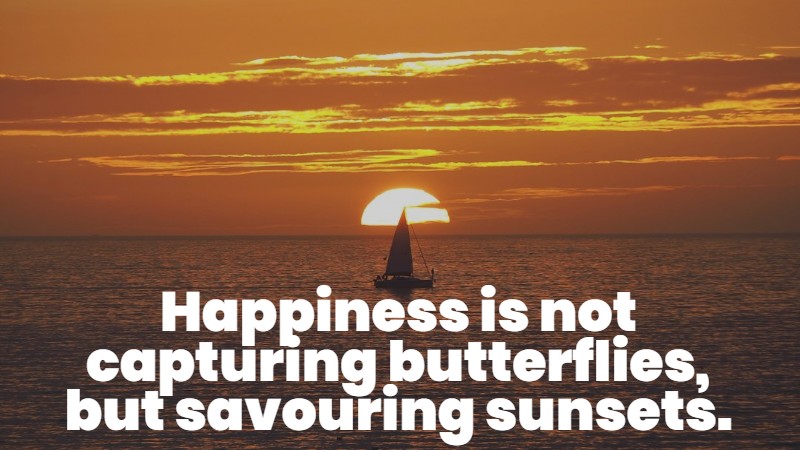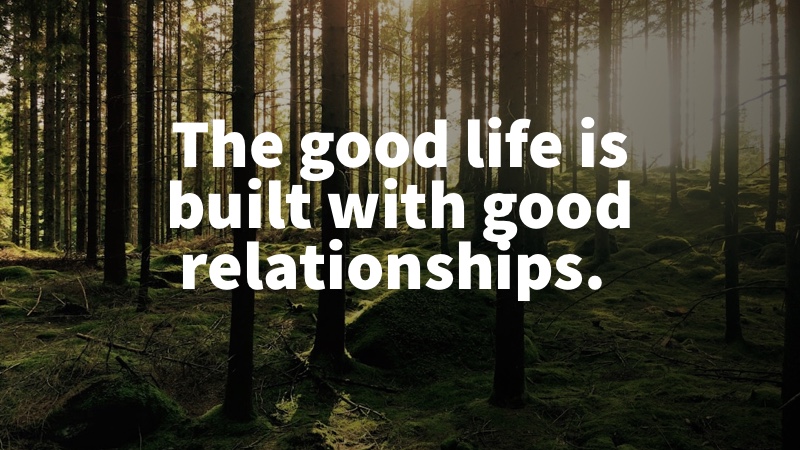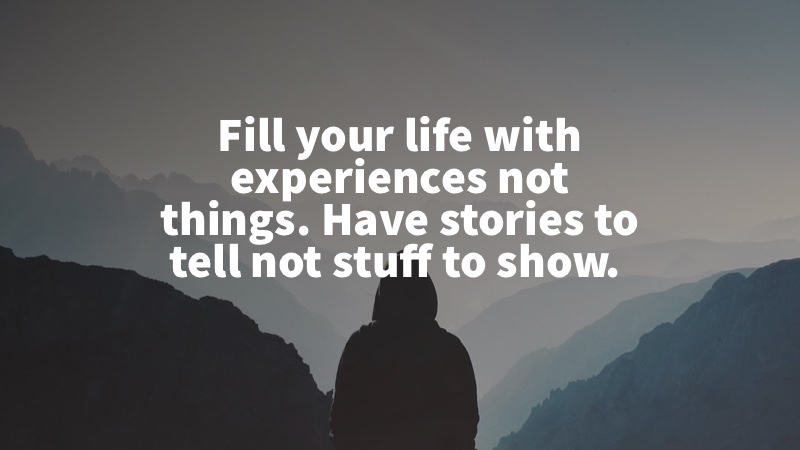The happiness tracking app promised to change my life.
Three months later, I had beautiful graphs showing my happiness peaks and valleys. What the app didn’t warn me about, however, was what psychologists call “meta-awareness”, the act of observing one’s own emotions. My spontaneous joy was measured and analysed.
I had plenty of data about happiness, but felt less happy than ever.
The happiness paradox
Most people want to be happy. Across cultures, ages, and backgrounds, humans share this universal desire. As the Dalai Lama said, “The purpose of life is to be happy.”
So why do so many people feel unhappy, even when life treats them well? Research points to a surprising culprit: the obsessive pursuit of happiness itself.
Psychologists Iris Mauss and Brett Ford discovered that people who strongly value happiness often end up feeling worse. When you constantly think “I should be happier right now,” you set impossibly high standards that reality can’t match. The gap between expectation and reality breeds disappointment, the enemy of joy.
When you constantly check your happiness levels, you push joy away and the less you find it.
How tracking ruins happiness
The problem gets worse when you start monitoring your happiness. Here’s why:
1. It pulls you out of the moment
When you ask yourself, “Am I happy now?” you stop experiencing the very feelings that create happiness. As philosopher John Stuart Mill noted, “Ask yourself whether you are happy and you cease to be so.”
Think about watching a gorgeous sunset. If you simply experience it, you feel wonder and peace. But if you start thinking “Am I happy enough right now? Should I feel more moved by this?” you’ve replaced direct experience with analysis.
2. It creates harmful comparisons
Tracking invites you to compare your happiness against:
These comparisons plant seeds of discontent, even during good times.
The science-backed solution
Recent studies by Mauss and Ford identified two distinct approaches to happiness:
The research revealed that aspiring to happiness isn’t harmful on its own. The problems start when you add judgment and worry about your feelings.
In a study with 1,815 participants, people who worried about their happiness levels showed lower life satisfaction, poorer psychological health, and more depression symptoms.
The key difference? They experienced “negative meta-emotions”, feeling bad about feeling bad, or not feeling good enough about feeling good.
4 ways to find real happiness
Based on this research, here are proven strategies to avoid the happiness trap:
1. Stop judging your emotions
When happiness comes, simply experience it without evaluation. Don’t ask if you’re happy “enough.” Don’t wonder if you “should” feel differently.
This approach extends to negative emotions too. When sadness or anger arise, accept them without judgment. Treating all emotions as natural parts of being human actually increases overall well-being.
2. Stop monitoring your feelings
Pay less attention to how you feel. While monitoring itself isn’t directly harmful, it usually leads to judgment. When you’re not constantly checking your emotional temperature, you’re free to fully engage with life.
3. Focus on the activity, not the outcome
Don’t treat experiences as happiness-producing tools. Instead of thinking “This vacation should make me happy,” simply take the vacation. As Nathaniel Hawthorne said, “Happiness is like a butterfly which, when pursued, is always beyond our grasp, but, if you will sit down quietly, may alight upon you.”
4. Build social connections
Strong relationships help us stay present and judge less. Time with loved ones naturally pulls us into the moment and away from self-analysis.
Bottom line
The research tells us something profound. Happiness comes when we stop obsessing over it. By simply living your life without constant evaluation of how you feel, you create space for genuine joy.
This doesn’t mean you can’t value happiness. It means approaching it with an openness rather than with a checklist and scoring system.
External factors matter, too. Financial security, social equality, and community support all contribute to well-being. But whatever your circumstances, you’ll find more happiness by experiencing life directly and not tracking how happy you are from moment to moment.
The next time you wonder “Am I happy enough right now?” try this instead: take a deep breath, let go of the question, and simply experience whatever is happening. That small shift might bring you closer to the happiness you seek.




Leave feedback about this